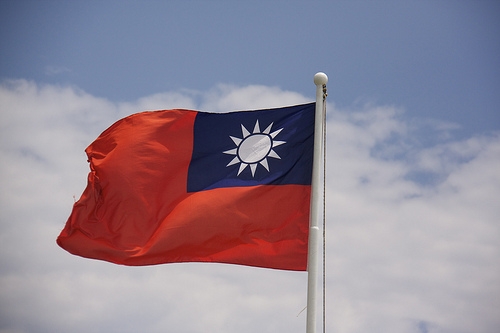
Here's why Taiwan's February inflation numbers were 'distorted'
It rose to 3% YoY.
According to DBS, Taiwan’s central bank (CBC) is expected to hold the policy rate steady at 1.875% this Thursday.
Growth recovery has reduced the pressure to ease monetary policy. Admittedly, February’s export orders and exports were weaker than expected and the industrial production figures (due today) may also report a big decline.
Note that, however, seasonal factors were at play in February and the year-on-year volatility could be larger than usual this year given that 2012 was a leap year.
The preliminary PMI for March has confirmed that manufacturing activity continued to pick up in China and the US, despite the contraction in Eurozone.
Here's more from DBS:
We expect the CBC to maintain the view about a moderate economic recovery at this week’s meeting, although recognizing the downside risks stemming from Europe.
There is also little need to hike rates on the other hand. The underlying inflation pressures remained tame. The rise in February’s CPI numbers to 3.0% YoY was distorted by festive factors.
Meanwhile, despite the lingering concerns over asset inflation, the property price rise was uneven across the island and the passthrough onto housing rentals and broad CPI remained limited.
As such, targeted regulatory measures on banks’ mortgage lending should be preferred over rate hikes.
On the exchange rate, the CBC should be comfortable about the relative stability in TWD REER. In the past four months between Oct12 and Feb13 when the JPY depreciated sharply, the TWD REER stayed almost flat (0.03%), compared to the 3.5% rise in KRW REER and 5.4% rise in RMB REER.
The TWD is neither too strong to hurt export competitiveness, nor too weak to fuel imported inflation.
























 Advertise
Advertise






